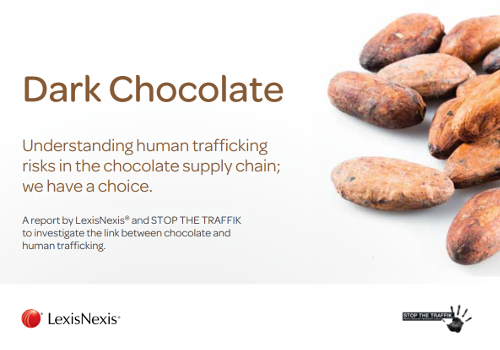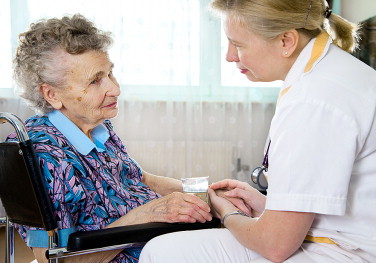The economic crises seems blinding the governments and major economic actors toward environmental troubles. Nevertheless, the impacts of population growth and economic expansion have now the potential to disrupt important regulatory functions of global ecological systems. Green growth involves transforming the production and consumption processes in order to maintain or restore these regulatory functions of the planet's natural capital. It requires that environmental facto rs be treated as an essential factor of production and not merely an externality.
This report discusses how companies around the world can demonstrate leadership on climate action by aligning corporate voluntary greenhouse gas reduction targets with climate science. This report links to Goals 7, 12, 13, 14 and 15.


